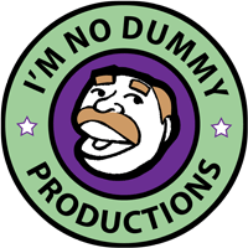Can we call ourselves entrepreneurs and still work for a corporation?
It depends on our attitude.
First, a few definitions (source: Merriam-Webster online dictionary) –
Entrepreneur: “A person who starts a business and is willing to risk loss in order to make money.”
Employee: “A person who works for another person or for a company for wages or a salary.”Employer: “one who employs”
Employ: “to use or get the services of (someone) to do a particular job.”
What strikes me in these definitions is that the classic employer/employee relationship is one of “use.” As an employee, we agree to be used by the employer to meet their objectives, to do the job they have defined. The balance of power is strongly weighted in favor of the employer.
But, what if we change our attitude and view ourselves as entrepreneurs?
Another definition –
customer: “Someone who buys goods or services from a business.”
See where this is going?
If we view ourselves as being individual business owners, entrepreneurs, then the relationship changes. We cease to view the company as our employer. Instead, we view the company as our customer.
Viewing the company as the primary customer of our individual business shifts the balance of power and makes it a much more balanced equation.
For me, making work fun has a lot to do with a sense of control and being responsible for my own future. I am happiest when I feel that the rewards will be commensurate with the effort I expend. Having that entrepreneurial mindset, even when working for a company, allows me to feel a stronger sense of ownership and control over my future.
Why do more people not view it this way? There is a key word in the definition of entrepreneur – risk. Most of us are not willing to take the risk. We want to play it safe. We want a guaranteed paycheck.
Sorry, you can’t have it both ways.
To truly embody the entrepreneurial mindset as an employee, you must take risks, risks that could mean the loss of a customer (employer). You must have the confidence that you can find another customer who is interested in the product/service that you have to offer – the product of you.
Are you an entrepreneur or an employee? It’s all in your attitude.
